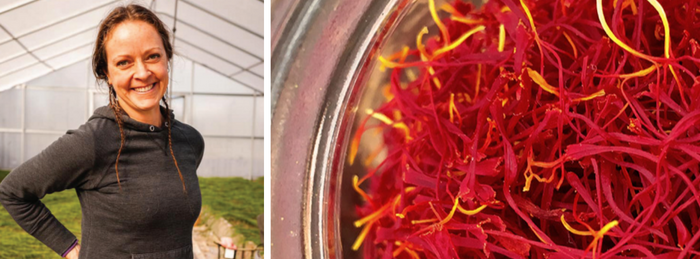IDAs: Building Inclusive and Resilient Communities
Empowering our communities to prosper and thrive through Individual Development Accounts (IDAs)
Supporting community prosperity with a culturally centered approach is foundational to NAYA’s community economic development work. The Oregon Individual Development Account (IDA) is one very effective program NAYA offers that addresses the complex financial challenges experienced by BIPOC communities. NAYA and nine other community-based organizations across the state received funding for the IDA initiative, and it works!
An Oregon Housing and Community Services Department study aptly entitled, “Oregon IDA Initiative, Building Inclusive, Resilient, and Racially Just Communities,” released last quarter, stated that Oregon IDA program participants exceeded national rates in gaining financial knowledge and the skills needed to manage financial resources effectively!
Through community-driven system solutions like IDAs, NAYA is empowering our community to build financial stability. IDAs provide matching funds for participants as they save towards a specific asset such as buying their first home, paying for secondary education, or starting or expanding a business. Time frames, match rates and amounts are tailored to each participant and their goals. IDAs offer a holistic solution that can help households address complex financial needs, overcome emergency challenges, protect employment and income, and invest in wealth-building assets. Participants use IDA match dollars to leverage the power of their own savings.
As a requirement of the program, IDA clients participate in financial wellness classes to learn about financial systems, determine savings plans, and choose financial goals that meet their needs. Through culturally specific courses and coaching, IDA clients can begin to make informed decisions that speak to their lived experiences, while planning for long-term sustainability.
Not only are clients able to exercise a greater sense of self-determination and make meaningful improvements to their financial well-being, IDAs also impact and stabilize their communities. Long-term benefits of these IDA investments can look like students completing their degrees and obtaining employment in their fields of study that directly benefit their tribal community, first-time homebuyers bringing a sense of security to their family, or entrepreneurs investing or scaling their businesses and building generational wealth.
“This initiative is a strong example of ways we can remove barriers to ensure people with low to moderate incomes in Oregon’s small towns, rural, suburban and urban communities have access to the same opportunities as those with generational wealth.” Andrea Bell, Executive Director, Oregon Housing and Community Services.
NAYA is the only Native community organization in Oregon to offer IDAs while also providing wraparound support services. Utilizing a holistic approach, prioritizing deep relationships, grounding itself in Native culture, emphasizing participants’ strengths, and advocating for upstream change have all contributed to the continued success of this program. In this current grant cycle, NAYA has provided IDA services to 91 clients, a majority being first-time homebuyers! Other services include microenterprise, home repair, and first-time rentals.
“I had the recent opportunity to meet with a participant that had many roadblocks economically through this pandemic. When she finally completed the program and had her first check, she held me and cried. This is why I do what I do. That hug and tears were very powerful. I could feel the excitement and relief.” said NAYA IDA Coordinator, Cecelia Lente.
NAYA believes in the power of the Oregon IDA Initiative which provides much-needed economic opportunities that empower our communities and create lasting impacts for generations to come.
“I believe that IDA is one tool that helps our Native community build assets for ourselves, one another, our families, and our community. It has the possibility to create inter-generational wealth and economic prosperity in a system that was not created for our community to exist or thrive” Cecelia said.
